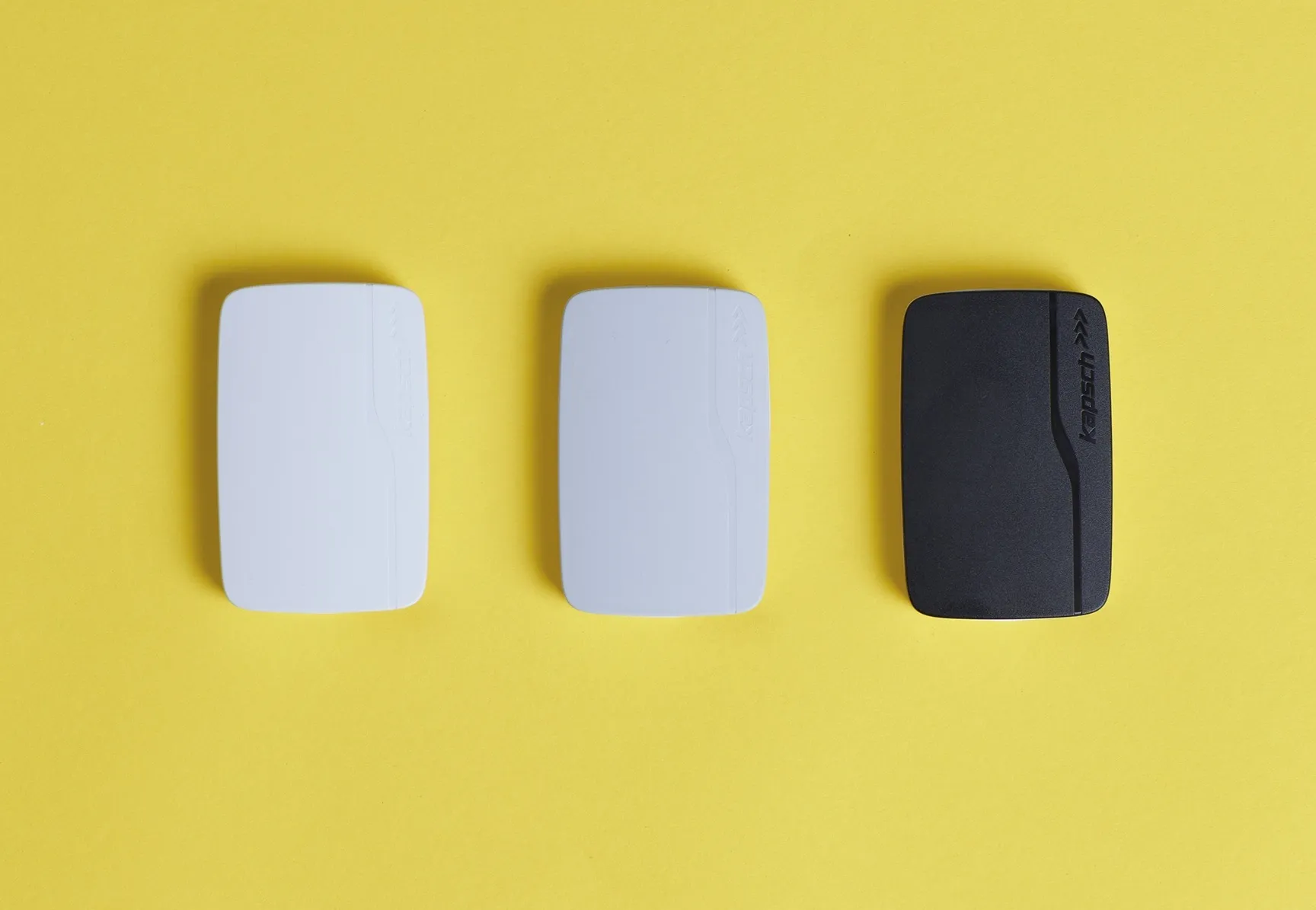
Kapsch TrafficCom says its million-selling TRP-4010 on-board unit (OBU) for contactless toll collection "is the smallest, lightest and most sustainable OBU of its kind currently available on the market".
The firm, which also produces a wooden gantry which it says creates sustainability benefits, offers a refurbishment service for the OBU, with the same quality controls as new units, it insists.
Compared to a new unit, an average of 31% of emissions can be saved, and electronic waste "significantly" reduced, Kapsch adds.
“The electronic components in the TRP-4010 last much longer than the battery," says Juliane Höbarth, head of product security, standardisation & environmental sustainability at Kapsch TrafficCom.
"By renewing the battery and increasing quality assurance measures, we can achieve a significantly longer service life without compromising on quality.”
“Due to constant disruptions to global supply chains because of crisis regions and pandemics, especially in the electronics sector, it is often easier to plan the refurbishment of units in circulation than the production of new units," adds Höbarth.
"This service not only makes us more sustainable, but also increases availability and therefore reliability, as batteries and housings are much easier to obtain than electronic components."










